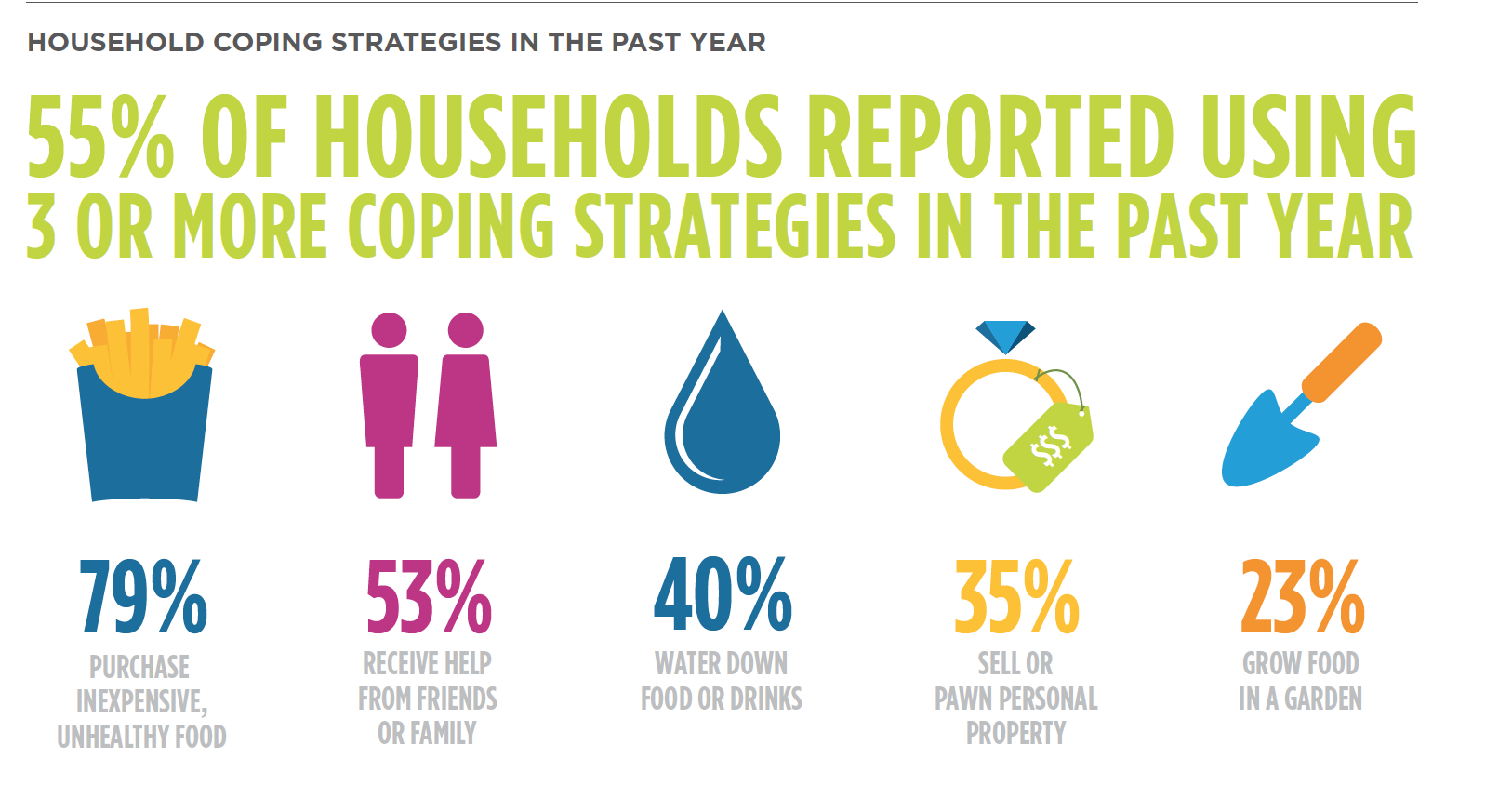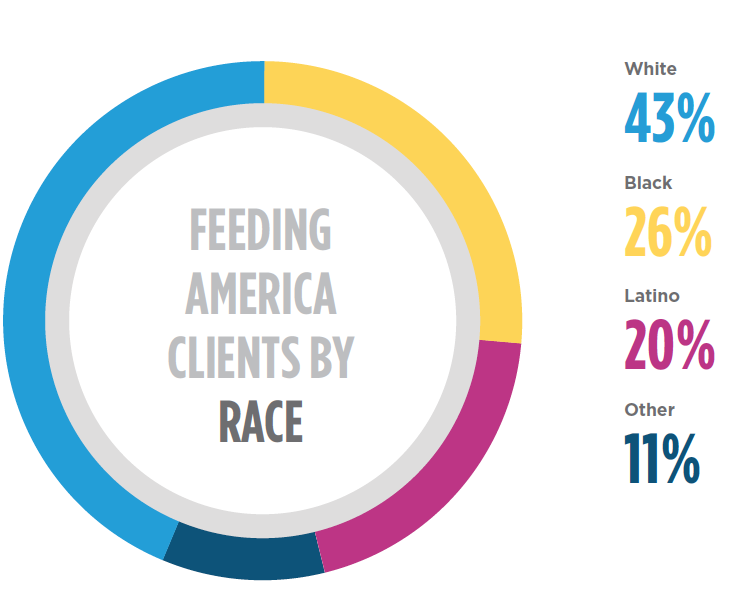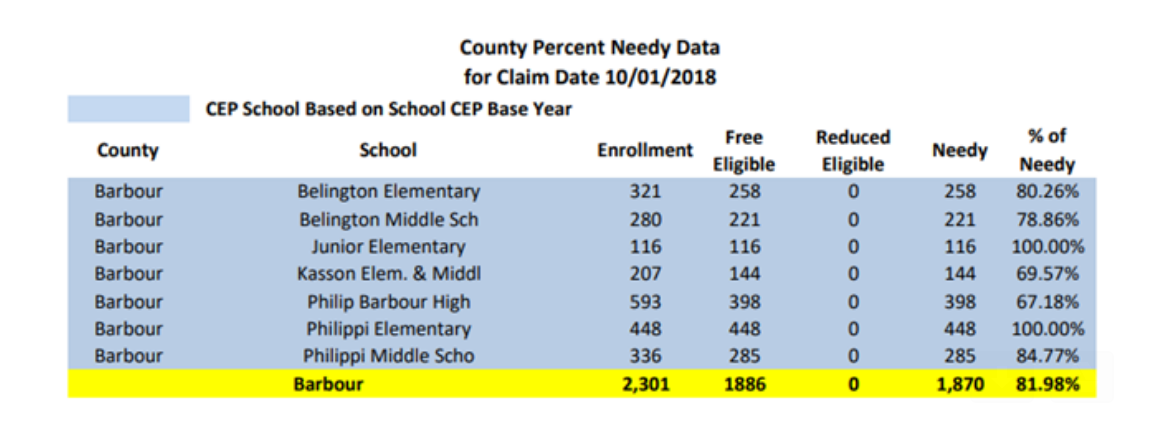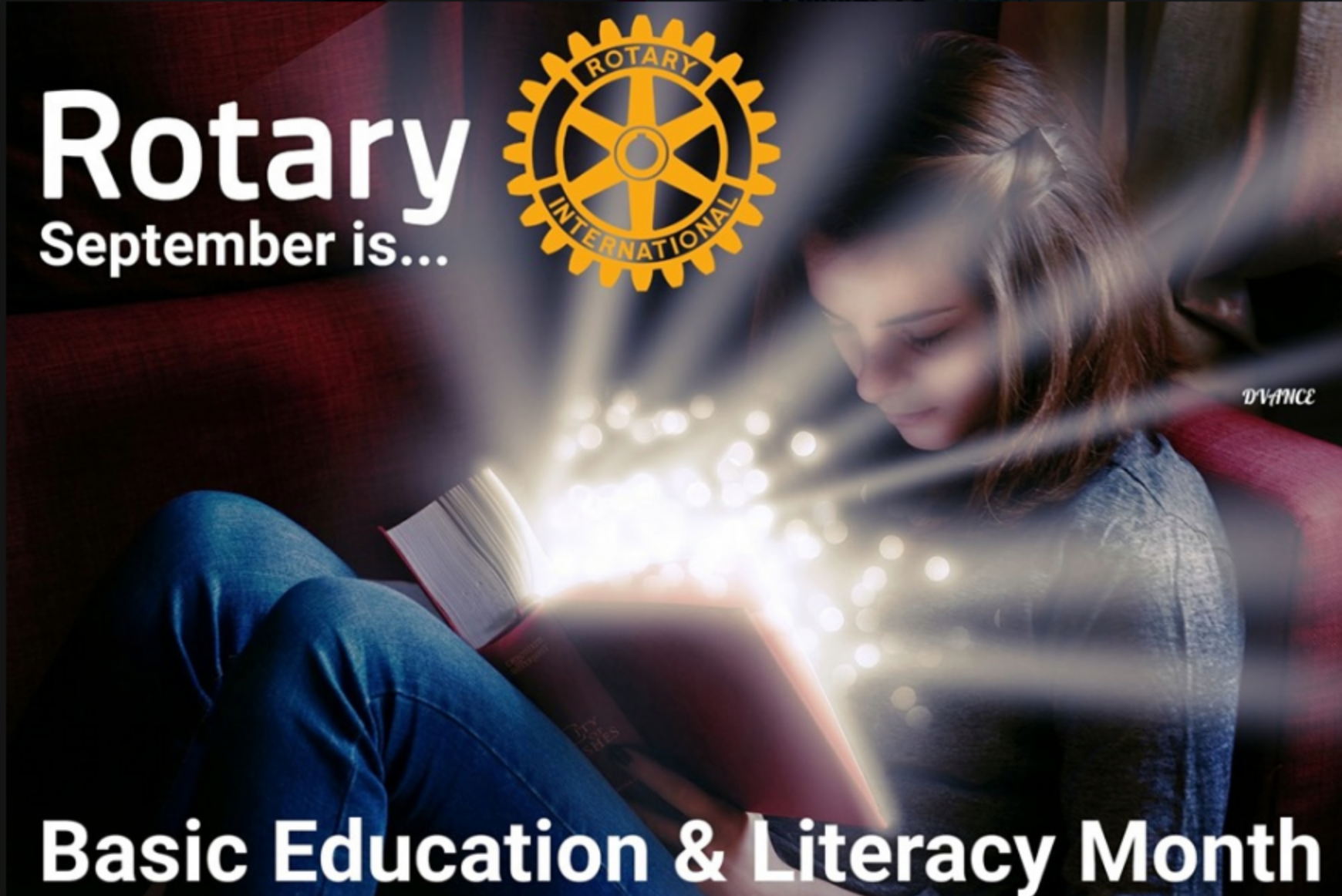
E-CLUB PROGRAM
PRESIDING TODAY IS: Bonnie Branciaroli, President
Welcome all – visitors, fellow Rotarians and guests alike to this E-Club program!
Remember the Four-Way Test!
At the beginning of each meeting we remind ourselves of the The Four-Way Test. Therefore, please remember to ask yourself always . . .
Of the things we think, say or do:
- Is it the TRUTH?
- Is it FAIR to all concerned?
- Will it build GOODWILL and BETTER FRIENDSHIPS?
- Will it be BENEFICIAL to all concerned?
Reflective Moments
Leadership Quotes
D7545 Local Rotary Events
'WOMEN IN ROTARY' event at the Tea Shoppe, located in the historic Seneca Center on Beechurst Avenue in Morgantown from 3:00-5:00 p.m. $20.00 per person. Maximum capacity: 40 people, first-come-first-served basis.
.png)
HOW CHILDHOOD HUNGER AFFECTS BASIC EDUCATION & LITERACY
Cognitive Effects Of Child Hunger
The early years of life are the most crucial in terms of development, both physical and mental. Chronic hunger results in a lack of vitamins and minerals that are necessary for a child to reach developmental milestones.

FEEDING AMERICA STUDY 2014
Sociability Effects Of Child Hunger


Making A Difference

In West Virginia


IN OUR NEIGHBORHOOD
When I became president of the Mountain State Rotary E-Club in July, one of my goals was to increase engagement of membership by creating fundraising events, thereby creating more funds for community projects that membership may participate in. As an E-club, our membership is scattered through many counties and states, and our projects do the same.
Our first fundraiser was initiated in late August, with a September 2019 dateline. Since September is Basic Education & Literacy Month, I decided to embark upon a project that would incorporate the struggles of hunger and how it relates to and affects learning and education. As what most Rotarians would do starting a new project, I reached out to a colleague I knew, Executive Director Brenda Hunt of the non-profit organization, Heart and Hand House, working with a Feeding America Backpack Program in neighboring Barbour County.
Heart and Hand House, Inc., located in Philippi, West Virginia, is a non-profit mission project affiliated with the United Methodist Church. It exists for the clear Christian mandate to minister to the physical, mental, spiritual, and emotional needs of in-crisis, low-income people of Barbour County. As part of their mission, they administer the Backpack program for most of the Barbour County schools. Upon contacting her, she was completely appreciative of the fact that our Rotary club would be willing to help. She had just learned that the percentage of kids in need of the Backpack program in two of the county schools had increased from the last school year (2018) by 20 percent. She did not know where she would get that increased funding. It was the perfect symbiotic relationship. In preparation of the project, I asked for numbers and was overwhelmed by the percentage of needy kids in Barbour County.

As of the writing of this program, our first fundraiser is doing well, and we have nearly reached our new goal of $1,000.00. The funds will then be matched to a District 7545 grant, and hopefully we will be able to help feed those children who make up that increase of 20 percent!
Deadline for sponsorship of our “Running for Rotary 2019” 2K walking team registered in the Tucker Community Foundation event, “Run For It” is September 23.
Feel free to donate to help feed kids in Barbour County. See you in Davis on September 28!


